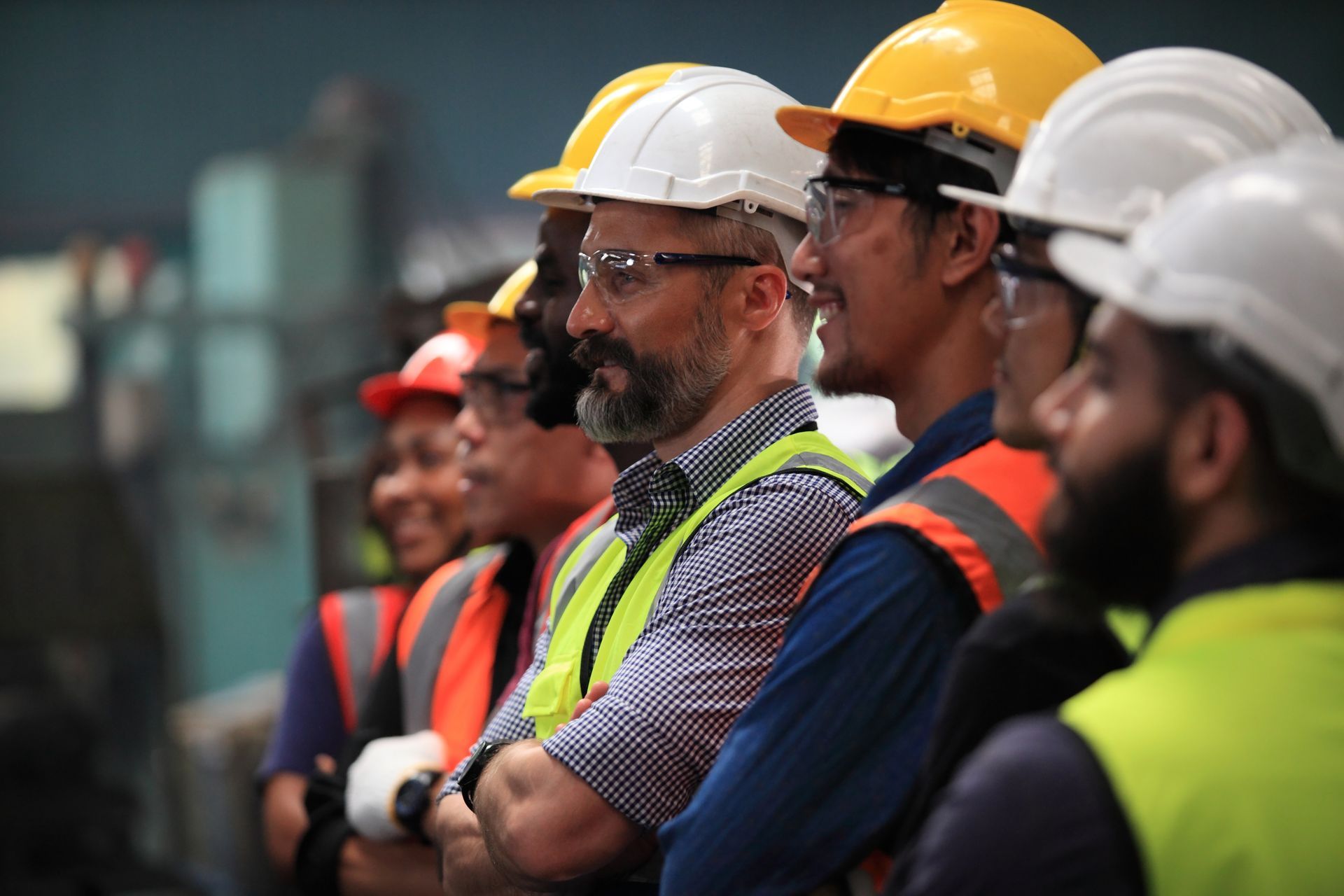The Role of Digital Transformation in the Steel Industry: Maximizing ROI
June 5, 2023
In today's fast-paced digital era, industries worldwide are embracing digital transformation to enhance their operations, increase productivity, and achieve higher returns on investment (ROI). The steel industry, being a vital pillar of global manufacturing and infrastructure, is no exception. In this article, we explore the significant impact of digital transformation on the steel industry, highlighting its potential to outrank traditional methodologies and drive substantial ROI.
The Steel Industry: Embracing Digital Transformation
1.1 Evolution of the Steel Industry Since its inception, the steel industry has witnessed remarkable advancements, shaping the modern world as we know it. However, traditional processes and practices have become increasingly inadequate in meeting the rising demands of efficiency, sustainability, and quality. This has paved the way for the integration of digital technologies into steel manufacturing and associated operations.
1.2 Understanding Digital Transformation Digital transformation encompasses the adoption of cutting-edge technologies, data-driven decision-making, and process optimization to revolutionize various aspects of an industry. In the steel sector, this involves leveraging digital solutions to enhance manufacturing processes, supply chain management, asset maintenance, and customer engagement.
Enhancing Efficiency and Productivity
2.1 Advanced Manufacturing Processes Digital transformation enables the implementation of advanced manufacturing processes, such as Industry 4.0, that leverage automation, robotics, and the Internet of Things (IoT). By integrating these technologies, steel manufacturers can optimize production workflows, minimize errors, and reduce downtime, leading to enhanced efficiency and increased productivity.
2.2 Data-Driven Decision Making In the digital age, data has emerged as a valuable asset. By harnessing the power of big data analytics, steel companies can gain valuable insights into their operations, identify bottlenecks, and make data-driven decisions to improve overall efficiency. Real-time monitoring and predictive analytics can help anticipate maintenance needs, optimize energy consumption, and streamline the entire manufacturing process.
2.3 Supply Chain Optimization Digital transformation enables seamless integration and collaboration among various stakeholders in the steel industry supply chain. By implementing advanced supply chain management systems and technologies, companies can optimize inventory levels, reduce lead times, and enhance overall supply chain visibility. This results in improved coordination, cost savings, and increased customer satisfaction.
Driving Return on Investment (ROI)
3.1 Cost Reduction and Operational Efficiency By embracing digital transformation, steel companies can identify cost-saving opportunities throughout their operations. Automation of manual tasks, predictive maintenance, and optimized energy usage significantly reduce operational costs. Enhanced efficiency leads to higher output per unit of resources, maximizing ROI.
3.2 Enhanced Quality Control Digital technologies enable real-time monitoring and quality control throughout the steel manufacturing process. By utilizing advanced sensors, artificial intelligence (AI), and machine learning (ML) algorithms, steel manufacturers can detect and rectify quality deviations promptly. This not only reduces waste and rework but also enhances customer satisfaction and strengthens market competitiveness.
3.3 Customer Engagement and Satisfaction Digital transformation facilitates improved customer engagement by leveraging digital channels, personalized experiences, and efficient order management systems. By providing seamless communication, transparency, and timely delivery, steel companies can enhance customer satisfaction, foster long-term relationships, and gain a competitive edge in the market.
Conclusion
In conclusion, digital transformation has emerged as a game-changer for the steel industry, enabling companies to enhance efficiency, drive ROI, and stay ahead in an ever-evolving market. By leveraging advanced manufacturing processes, data-driven decision-making, and supply chain optimization, steel manufacturers can unlock new levels of productivity and competitiveness. Embracing digital transformation is no longer an option but a necessity for steel companies seeking to thrive in the digital age.Featured Resources
Check Our Latest Resources

Proven ROI has been recognized as one of the Most Innovative Companies to Watch 2024 by CIO Bulletin—a testament to the company’s forward-thinking approach to CRM investments and strategic partnerships. By working closely with leading CRM platforms like HubSpot, Proven ROI is revolutionizing how businesses manage customer relationships, scale their operations, and drive growth.



